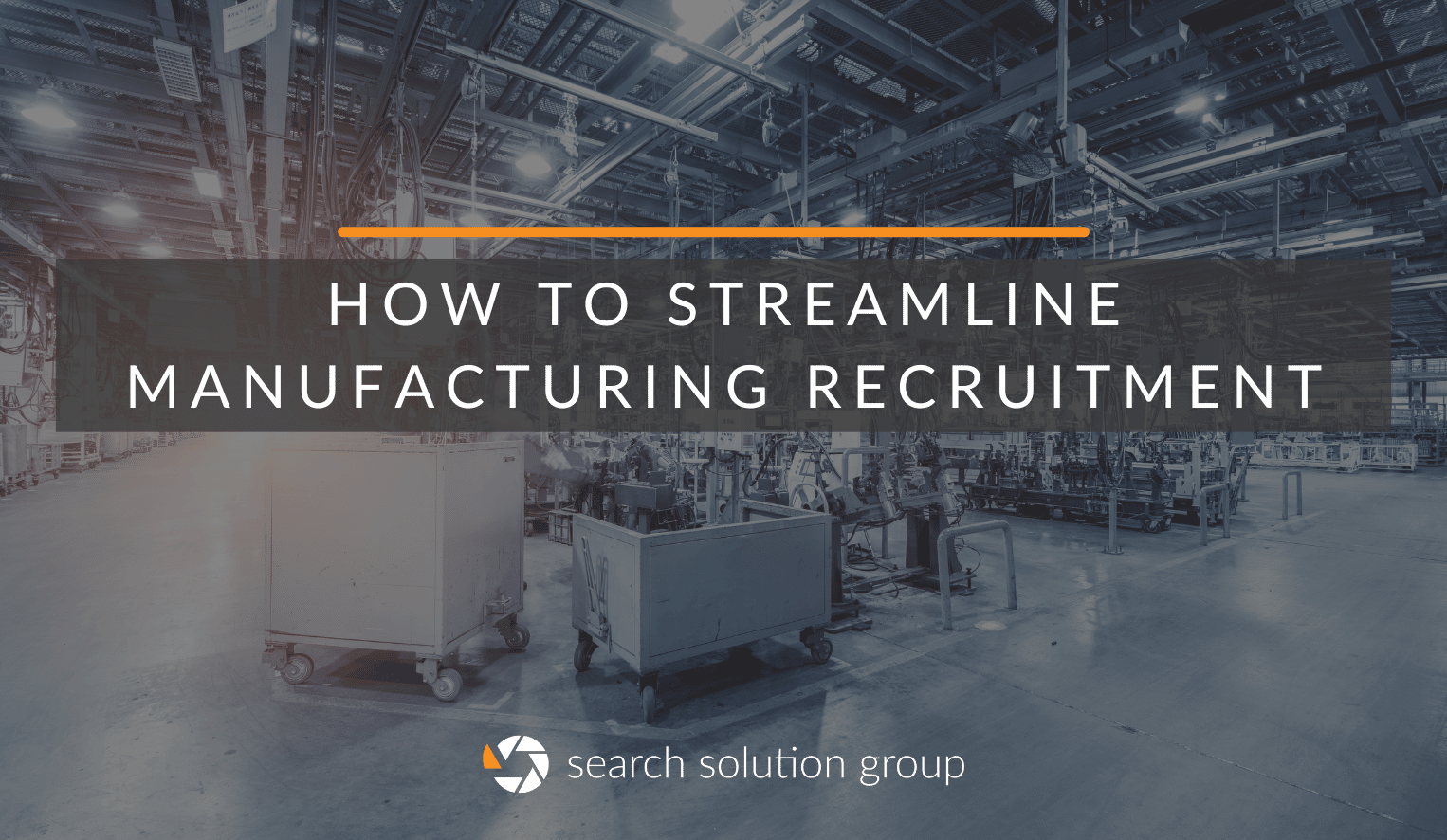The manufacturing sector stands at a unique crossroads. Not only are producers in the thick of the Fourth Industrial Revolution (Industry 4.0), but post-pandemic trends are decoupling global production standards and creating massive reshoring opportunities. Mix in historic infrastructure modernization efforts, an emerging semiconductor industry, and geopolitical tensions, and you’ve got a recipe for manufacturing resurgence in the United States. There’s just one problem: manufacturing recruitment.
The manufacturing skills gap has persisted for decades. Manufacturing recruitment has proven challenging with traditional tactics.
The current state of manufacturing recruitment
Change is on the horizon for the manufacturing industry, and this means tremendous opportunity for organizations. Industry trends forecast greater reshoring efforts and significant growth in sectors like tech and green energy.
Manufacturing job growth is already on the rise. According to Bureau of Labor Statistics data, manufacturing added 14,000 jobs in November 2022, largely in durable goods industries (11,000 jobs). Manufacturing employment has increased by an average of 34,000 per month this year, compared to 30,000 per month in 2021. To capitalize on these growth opportunities, companies need the backing of a strong workforce and an even stronger leadership team — both now and beyond.
Poor manufacturing recruitment practices can prevent organizations from hiring the leaders and other professionals needed to grow with the industry. Traditional approaches have led to numerous pain points. These include underqualified candidates or candidates with significant skills gaps, candidates asking for too-high salaries, poor new-hire performance, and difficulty finding any candidates at all.
How to improve your manufacturing recruitment and hiring
Streamlining your manufacturing recruitment strategy can help you avoid these pitfalls and hire talent that benefits the business. Consider these tips to improve your manufacturing recruitment and hiring practices:
- Build better communication processes between your managers and hiring teams. Drill down into the specifics of what skills and experience are needed for each position.
- Develop your internal recruiters’ skills in acting quickly and communicating effectively. Stalling may result in losing a great candidate or putting your organization behind schedule.
- Improve your internal onboarding and new-hire training programs. In-depth training reduces skill requirements and allows you to hire hard workers with the capacity to adapt.
Companies need internal and external manufacturing recruitment solutions
Internal manufacturing recruitment isn’t the only effective way to attract and retain top talent. Some manufacturing hires can be handled internally, while others can’t. Hard-to-find candidates — particularly for leadership roles — can stall your company’s progress.
Working with a recruitment firm with experience in the manufacturing industry is a fantastic way to jumpstart your organization’s talent search. Talent placement agencies unlock access to a wider talent pool, candidates with cross-industry experience, and much more. With skilled executive search and staffing professionals on your side, you can streamline your manufacturing recruitment processes and remain agile for future industry changes. Finding a balance between using a streamlined internal team and partnering with an experienced recruitment firm gives you a stronger position in the hiring market.
There’s tremendous opportunity in the manufacturing sector right now — and more on the horizon. Companies poised to seize that opportunity are those capable of recruiting the right manufacturing professionals to meet current and future industry demands. Between Industry 4.0 investments and logistical restructuring around reshoring efforts, the future of manufacturing is in the hands of leadership that’s prepared to push industry forward.
Learn more about manufacturing recruitment at searchsolutiongroup.com/operations-manufacturing-recruiters/.






